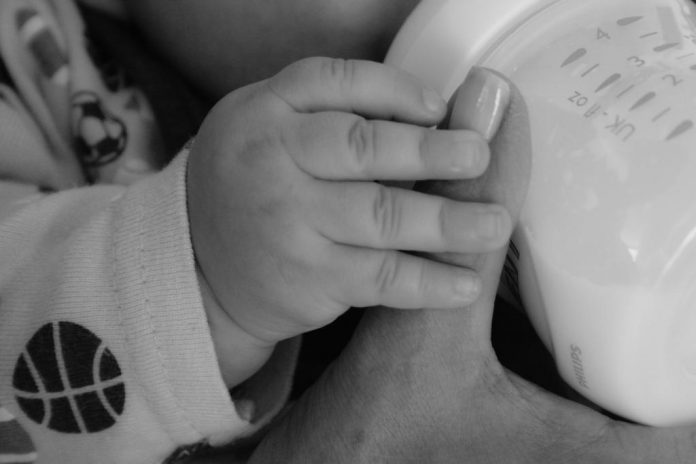Rice cereal is frequently given to babies as their first solid food, but a new study published online in JAMA Pediatrics may make parents rethink that option. The research found that rice cereal and other rice products contain varying degrees of inorganic arsenic, and babies who consume them have higher levels of the chemical in their urine.
Arsenic is a known carcinogen and can contribute to heart disease. There is also some evidence that exposure to arsenic early in life can impact a child’s immune system and intellectual development. And while it is not clear how arsenic exposure will affect children later in life, researchers sought to determine if the types and frequency of rice and rice-containing products consumed by infants in their first year had an effect on arsenic levels in their systems.
“We knew rice cereal was a typical first food for babies – but we knew very little about how common it is to feed infants rice cereal in the U.S., or about the timing of introduction of rice cereal,” lead author Margaret Karagas, PhD, of the Geisel School of Medicine at Dartmouth College, Lebanon, N.H., told Reuters Health.
For the study, Karagas and her colleagues collected diet information and urine samples from 759 infants born to mothers enrolled in the New Hampshire Birth Cohort Study between 2011 and 2014. The infants’ progress was followed via phone calls every four months until they reached one year. At that time, the researchers assessed the babies’ diets for the past week, including whether the infant consumed rice cereal, white or brown rice, or foods either made with rice or sweetened with brown rice syrup.
The research team found that 80 percent of the infants had rice cereal in the first year of life, and 64 percent started when they were between 4 months and 6 months old. At 12 months, 43 percent had eaten some type of rice product in the past week. In the two days before urine samples were taken, 55 percent had consumed some type of rice product.
The results from the urine tests showed that arsenic levels were higher in those who ate rice or foods mixed with rice than in those who ate no rice. Among the babies who ate brown or white rice or rice snacks, the total urinary arsenic concentrations were twice as high as those who did not eat rice.
The authors acknowledged that variables could have influenced their results, including drinking apple juice or water that contains arsenic. Still, the research team said the results of the study suggest consumption of rice increases infants’ arsenic exposure and they called for regulations to reduce exposure during babies’ crucial phase of development.
One expert who was not a part of the study, agreed. In an email to Reuters Health, Antonio Signes-Pastor, PhD, of the Institute for Global Food Security at Queen’s University Belfast in Northern Ireland, said, “This is of particular concern for young children, who are more sensitive to adverse health effects of inorganic arsenic and consume higher amounts of inorganic arsenic from food compared to adults per kilogram of body weight.”
He added that it’s important “to reduce exposure by establishing maximum limits of inorganic arsenic in rice and race-based products.”








